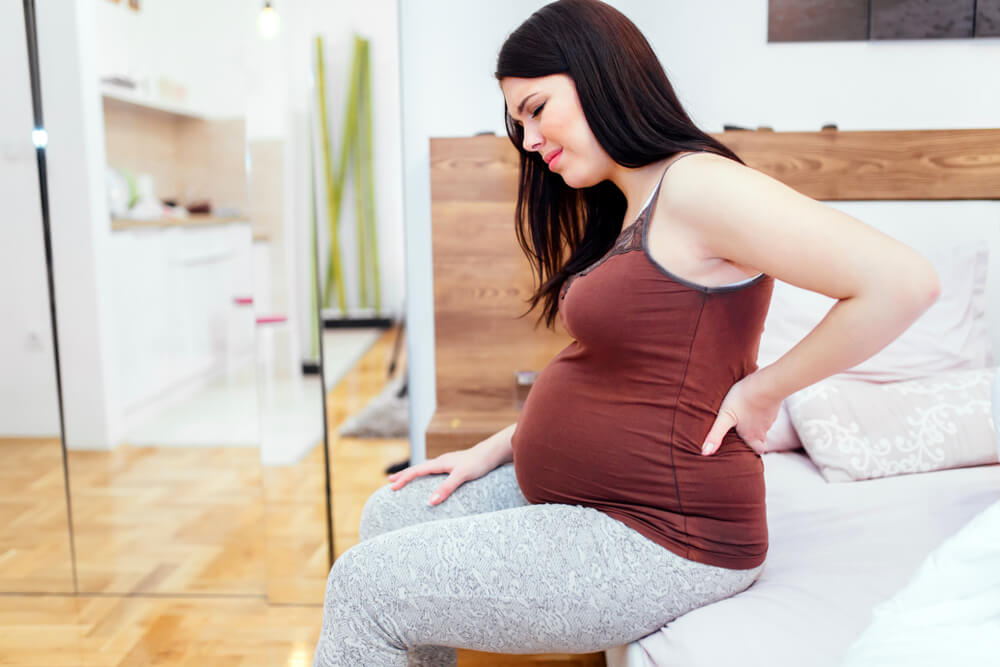Congratulations on your pregnancy! As you embark on this beautiful journey, you’ll encounter a variety of physical and emotional changes. One common challenge many expectant mothers face, especially in the first trimester, is pregnancy fatigue. If you’re feeling exceptionally tired during your pregnancy, you’re not alone. In this article, professionals in Obstetrics and Gynecology in South Miami, Florida, will explore the causes of first-trimester fatigue, delve into why extreme tiredness during pregnancy is so common, and provide valuable tips to help you manage and overcome pregnancy exhaustion. Let’s dive in and learn how to navigate this aspect of the amazing journey to motherhood.
First Trimester Fatigue: A Common Companion

First Trimester Fatigue
The first trimester of pregnancy is often characterized by fatigue that can hit you like a tidal wave. You may wonder why you suddenly feel so tired, and the answer lies in the incredible changes your body is undergoing to nurture your growing baby.
Causes of First Trimester Fatigue
- Hormonal Surge: One of the key culprits behind first-trimester fatigue is the surge in the hormone progesterone. This hormone is crucial for maintaining pregnancy but can also make you feel exceptionally sleepy.
- Increased Blood Flow: Your body is working hard to increase blood flow to your baby, which can leave you feeling drained.
- Metabolic Changes: Your metabolism is revving up to support your baby’s growth, and this can lead to feelings of exhaustion.
- Emotional and Psychological Factors: The excitement, stress, and emotional adjustments that come with pregnancy can contribute to tiredness.
- Frequent Urination: Early pregnancy often brings frequent trips to the bathroom, disrupting your sleep and contributing to fatigue.
How Long Does Tiredness Last in Early Pregnancy?
The good news is that the extreme tiredness during pregnancy, particularly in the first trimester, tends to improve as you move into the second trimester. Many women experience a boost in energy during this time, often referred to as the “honeymoon phase” of pregnancy. However, it’s essential to listen to your body and get the rest you need throughout your pregnancy journey.
Tips for Managing Fatigue During Pregnancy
Prioritize Sleep
Getting enough sleep is crucial during pregnancy. Aim for 7-9 hours of quality sleep each night. Create a comfortable sleep environment, use supportive pillows, and establish a relaxing bedtime routine.
Nap Smart
Short daytime naps can be a lifesaver. Aim for 20-30-minute power naps to recharge without interfering with nighttime sleep.
Stay Hydrated and Eat Well
Proper hydration and a balanced diet can help combat fatigue during pregnancy. Eat small, frequent meals to stabilize blood sugar levels and provide sustained energy. Include iron-rich foods like lean meats and leafy greens to prevent anemia-related tiredness.
Gentle Exercise
Regular, low-impact exercise can boost energy levels and reduce pregnancy fatigue. Activities like prenatal yoga, swimming, and walking can be both beneficial and enjoyable.
Manage Stress
Stress can exacerbate pregnancy fatigue. Practice relaxation techniques like deep breathing, meditation, or prenatal massage to reduce stress levels.
Delegate Tasks
Don’t hesitate to ask for help and delegate tasks when you’re feeling overwhelmed. Loved ones are usually more than willing to assist during this special time.
Set Realistic Expectations
Adjust your expectations and prioritize self-care. It’s okay to lower your productivity standards and focus on what truly matters.
Plan Breaks
If you’re working or managing a busy household, schedule short breaks throughout the day to rest and recharge.
Stay Active but Rest When Needed
While exercise is essential, don’t overexert yourself. Listen to your body, and if you feel too tired, rest.
Seek Support
You may want to try reaching out to other moms-to-be, whether through local pregnancy support groups or online communities. Sharing experiences and advice can be incredibly uplifting.
Don’t Skip Prenatal Check-Ups
Regular prenatal check-ups are crucial during pregnancy. Your healthcare provider can monitor your health, address any concerns, and ensure that your fatigue isn’t a sign of an underlying issue. Be open about your fatigue during these appointments.
Consider Prenatal Vitamins
Your doctor may suggest taking prenatal vitamins that contain essential nutrients like iron and folic acid. These supplements can help combat fatigue by ensuring your body has the necessary nutrients for both you and your growing baby.
Manage Morning Sickness
Nausea and vomiting, often referred to as morning sickness, can contribute to pregnancy fatigue. Try to manage these symptoms by eating small, frequent meals, and keeping crackers or ginger candies on hand to ease nausea.
Communicate with Your Partner
Open communication with your partner is crucial during this time. Share your feelings of exhaustion and work together to find solutions. Sometimes, even just having someone to listen can provide emotional relief.
Be Mindful of Your Workload
If you’re working during pregnancy, be mindful of your workload. Discuss any concerns with your employer and consider adjusting your schedule or workload if necessary. Your health and the health of your baby should be top priorities.
Resting Positions
Experiment with different sleeping positions to find what’s most comfortable for you. Many pregnant women find relief by using a pregnancy pillow that supports the abdomen and hips, making sleep more comfortable.
Create a Relaxing Bedtime Routine
Start practicing a calming bedtime routine to improve sleep quality. Activities like reading a book, taking a warm bath, or practicing gentle prenatal yoga before bed can signal to your body that it’s time to wind down.
Consider Acupuncture or Acupressure
Some expectant mothers find relief from fatigue through acupuncture or acupressure. These alternative therapies can help balance your energy and reduce feelings of tiredness.
Embrace Your Fatigue
Sometimes, the best approach is to embrace your fatigue rather than fight it. Listen to your body and give yourself permission to rest when needed. Your body is doing an incredible job of creating and nurturing new life, and that’s no small feat.
Stay Positive and Patient

Lastly, maintain a positive outlook and be patient with yourself. Pregnancy fatigue is temporary, and as you progress into the second trimester, you’re likely to experience a surge in energy. Embrace this time as an opportunity to rest, bond with your baby, and prepare for the exciting journey ahead.
Conclusion
Pregnancy fatigue, especially during the first trimester, is a natural part of this transformative journey. Understanding its causes and implementing strategies to manage it can make a significant difference in your overall well-being. Remember that every pregnancy is unique, and while some may experience extreme tiredness during pregnancy, others may feel more energetic. The key is to prioritize self-care, listen to your body, and seek support when needed. Embrace the beauty of this phase in your life, and know that your body is working tirelessly to nurture and protect the precious life growing within you. With proper care and rest, you’ll navigate this journey with grace and strength, eagerly anticipating the arrival of your little one.


